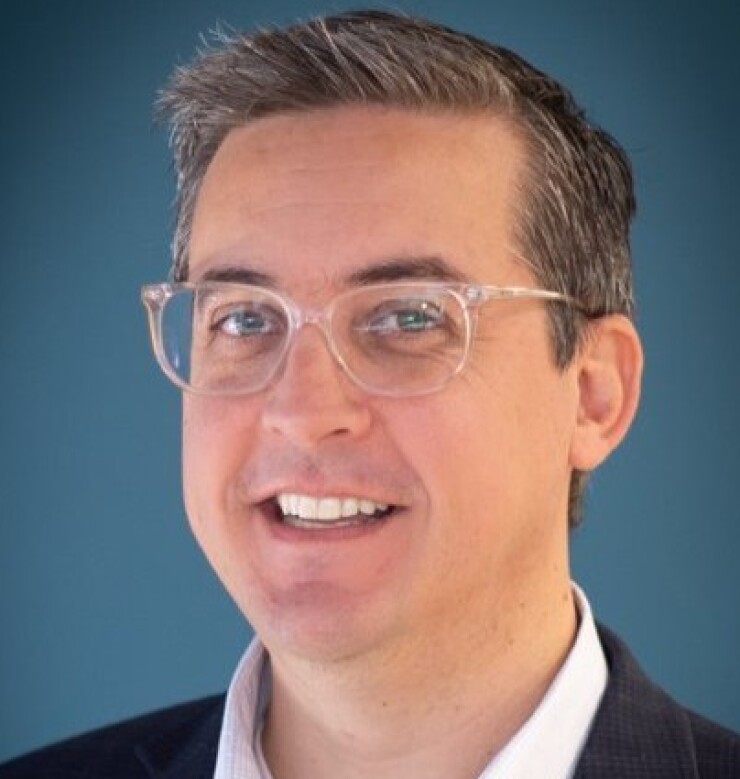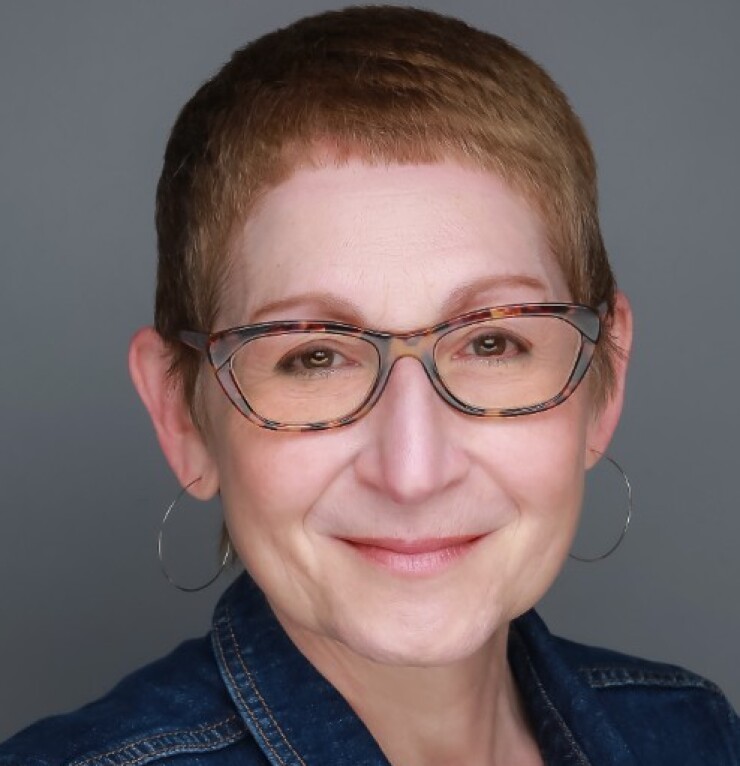Insurers look for advances in claims tech to meet younger policyholders' expectations

Insurers should use technology to summarize claims data and put the right modes of communication in place to meet the expectations that younger customers have for insurance claims service, insurance carrier and technology executives say.
The executives spoke in an online forum hosted by Reuters on July 30.
Ryann Foelker, strategy design director at American Family.
Policyholders conditioned by the level of customer service provided by other types of businesses have high expectations for carriers, according to Ryann Foelker, strategy design director at American Family.
“A full fifth of our customers expect claims to be resolved within hours. That’s what they expect,” she said. “I’ve read a stat that 100% of customers under the age of 24 expect their claim to be resolved within one week. That’s all claims, even the most complex. These are some really efficient expectations that they have. We’re not just trying to get there, we’re trying to go beyond that, to delight them.”
 Gregory Hamlin, senior vice president and chief claims officer at Berkley Industrial Comp.
Gregory Hamlin, senior vice president and chief claims officer at Berkley Industrial Comp.
Business customers may want the carrier to do more administrative work for them, according to Gregory Hamlin, senior vice president and chief claims officer at Berkley Industrial Comp.
“One of my managers went to visit an agent and explained that we have this amazing portal, and you can get all the information you need. You can get your loss runs, you can do all these different things,” Hamlin said. “He said, ‘Yeah, that’s fine. I just want you to send me the loss runs.'”
At minimum, insurers should fulfill the services promised to policyholders, added Foelker.
Insurers should consider both age demographics and what type of communication is best suited for the type of claim, stated Eileen Potter, vice president of marketing for insurance at Smart Communications. For example, a broken car windshield claim can be handled through an insurer’s app or other digital means, but this would not be enough for a more severe auto accident with possible injuries, where the claimant is going to want to speak to a live agent.
 Eileen Potter, vice president of marketing for insurance at Smart Communications.
Eileen Potter, vice president of marketing for insurance at Smart Communications.
Conversely, Potter added, claimants want to be able to upload photos or relevant documents. “They feel like the faster they can do something for a claim, the faster they’ll receive their settlement,” she said.
Getting to know policyholders’ preferences is the first step toward improving response to claims, according to Hamlin. “We have to be open to whatever that feedback is and evaluate, can we make that work within our business structure?” he said. “One is making sure also that you have the tools. Making sure you have all the tools to communicate in all the different ways. We can find out really quickly as we get to know our policyholders, how they prefer to communicate.”
Summarizing claims data is another means to support better responses to claims, according to Potter. “We’re seeing it help understand a claim better, help adjusters be more confident and make better, faster decisions, to help people,” she said. “Especially with complex claims, there’s so much data coming in that we have to be.”
Both policyholders making claims and the adjusters serving them are bound to have greater stress, Potter and Foelker both noted. Adjusters don’t want to make a bad decision, Potter said. The claims process needs improvement, Foelker added.
“Even the most efficient claims process has a price tag and a cognitive burden attached to it,” Foelker said. “It’s really just not a delightful process. We can make it more efficient. We can make it better. We can do what we said we were going to do, and we have to, but to delight them, we have to do even more than that. We have to lighten the load that they’re already carrying.”







